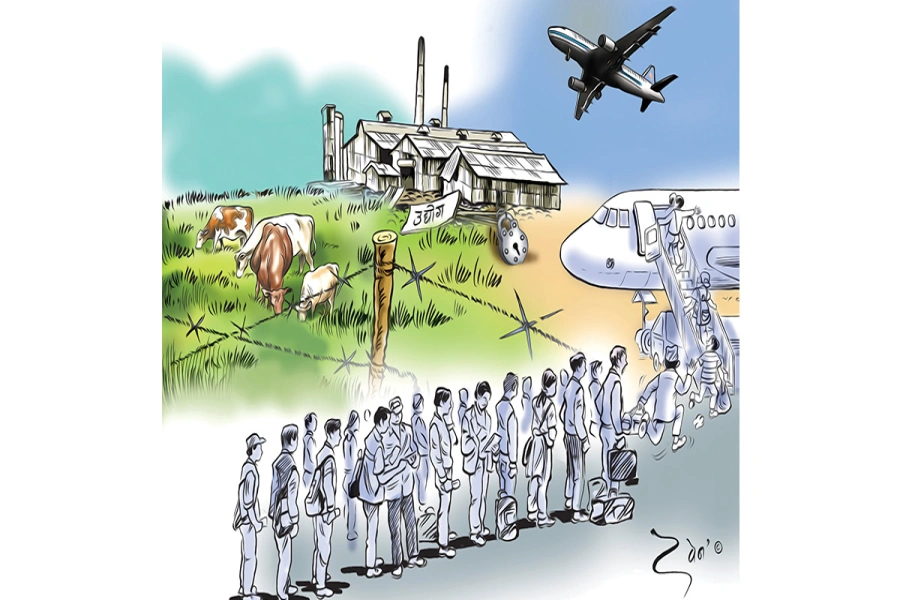While in opposition, every party has protested petroleum price hike to score cheap political points, but once in government the same party argues that there is no choice but to adjust petroleum prices in line with international market prices.
Nonetheless, the party in the government has always remained cautious when taking the unpopular decision of raising fuel prices, fearing a popular backlash.
And each time there is a strong protest in the streets, even if called by student organizations, the government has given in and rolled back the prices. The same script was replayed this time around when the Bhattarai-led government directed the National Oil Corporation (NOC) to partially revise the prices in the face of strong protests by the alliance of 13 student organizations.
This newspaper has always maintained that subsidizing petroleum products is bad economics and is downright unsustainable. Let’s have a look at our petroleum import bill: It was Rs 75 billion for the fiscal year 2010/11, 45 percent up from previous fiscal year.
For the last six months of this fiscal year, the petroleum import bill has averaged over 8 billion rupees per month, which means it will most likely exceed Rs 100 billion. Comparison of petroleum import bill with our total export earning makes sense since both involve transactions in foreign currencies. Our export earning for the fiscal year 2010/11 was 64 billion and it’s not going to grow as fast as petroleum import bill did this year.
In this scenario, it doesn’t make sense for the state to subsidize the petroleum prices because it can’t. But there are other reasons as well. At current prices, NOC’s monthly loss is over Rs 1.2 billion, which means the annual loss is Rs 15 billion per year.
This is big money and too scarce a resource to be spent in subsidizing petroleum products consumed by the rich and middle classes. Just think of the number of schools that can be built or health posts that can be established or the kilometers of road that can be constructed or MW of electricity that can be generated with this money.
It just doesn’t make sense for a country that invests so little in social sectors and in vital infrastructures to subsidize the petroleum prices. It’s not that the political parties don’t understand this basic economics but they are so much locked in adversarial politics that they are willing to pull each other down even if it means sinking together.
The American muddle























-1200x560-1771928761.webp)












